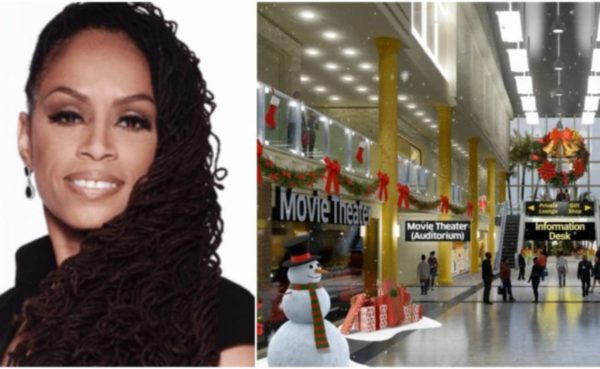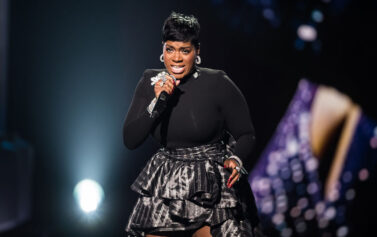Black e-commerce is venturing into virtual reality with the first-ever Black Virtual Mall. Created by serial entrepreneur and native of Brooklyn, New York, Alquincia “Akanundrum” Selolwane, the virtual mall is mirrored after the traditional mall experience full of shops, a food court, and even entertainment like a movie theater.
But unlike brick-and-mortar malls, which have been in decline since the early 2000s, the virtual mall taps into the booming e-commerce genre.

“The movie theater hosts entertainment and informative content for you to consume for free, then there’s the food court that actually works and functions and you can go to the restaurant of your choice in your city, and you can activate the Uber Eats, Grubhub, or whatever they have, and get food delivered to you,” Akanundrum describes of the virtual experience.
She continued, “when you go to the stores in the booths, they’re individually outfitted with their own branding, and I that’s a huge thing that separates me from any marketplace.”
Akanundrum was inspired to launch the virtual mall after the COVID-19 pandemic wiped out 40 percent of Black-owned businesses, thanks in part to limited capital and limited access to government funding such as the paycheck protection program.
“Largely, we don’t receive the funding, we don’t receive the startup capital, we don’t receive the loans, we don’t receive anything that not only helps us establish business, but keep our businesses open,” Akanundrum said of Black-owned businesses negatively affected by the pandemic.
In addition to abundant ecommerce opportunities, Akanundrum knows the economic buying power of Black Americans is strong: it totaled $835 billion in 2019, according to McKinsey and Company.
Akanundrum says at least 1,300 entrepreneurs applied for virtual space in the mall, but she’s limiting space to just 500 largely because she prioritizes the customer experience. She says some businesses don’t make the cut because there may be oversaturation in a particular genre.
Read full story at Atlanta Black Star here.




